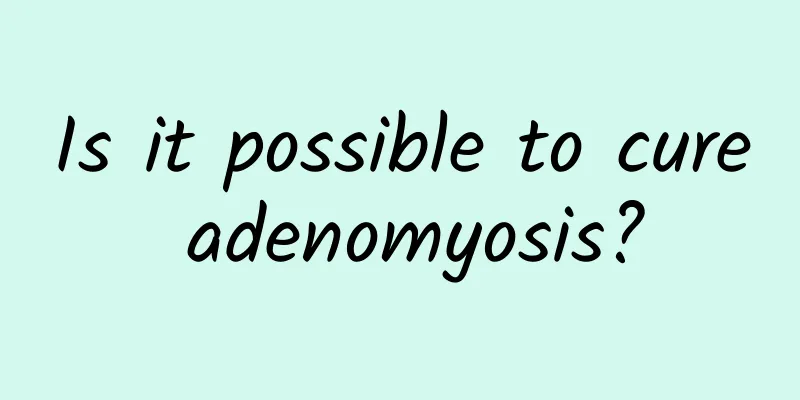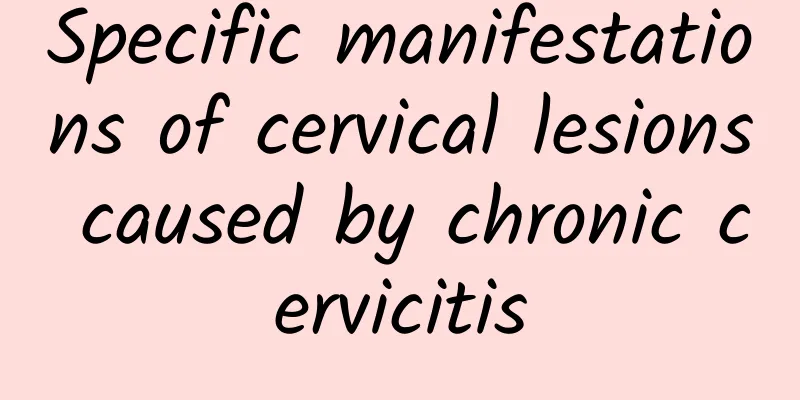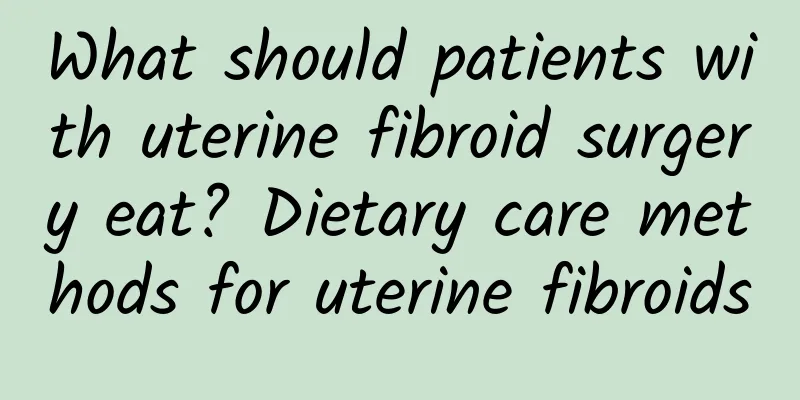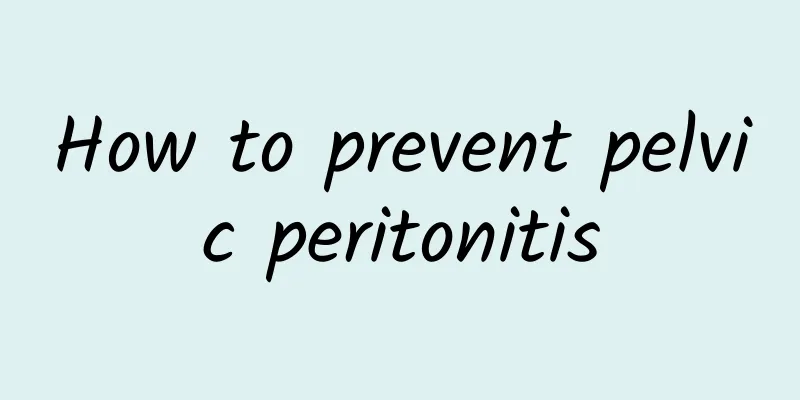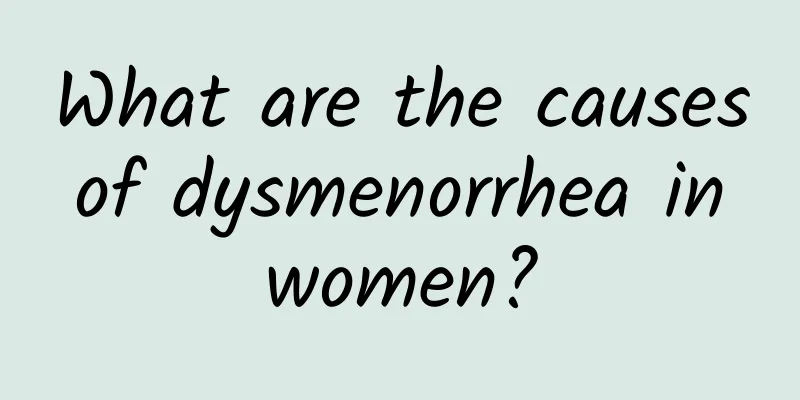What medicine should children take for acute intestinal lymphadenitis
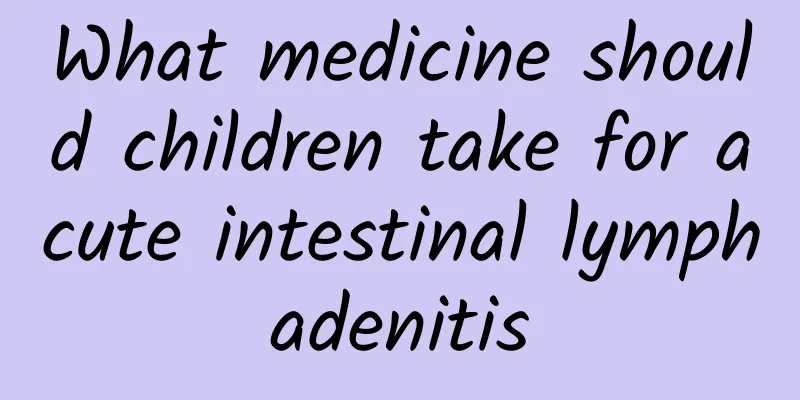
|
The treatment of acute intestinal lymphadenitis in children requires the selection of drugs according to the severity of the disease. Commonly used drugs include antibiotics, antipyretics and analgesics, and probiotics. During treatment, attention should be paid to dietary conditioning, avoiding irritating foods, and drinking more water and easily digestible foods. 1. Antibiotic treatment Acute intestinal lymphadenitis is mostly caused by bacterial infection, and antibiotics are the main treatment. Commonly used drugs include amoxicillin, cefaclor and azithromycin. Amoxicillin is suitable for mild infections, cefaclor is more effective for moderate and severe infections, and azithromycin is used for children who are allergic to penicillin. When using antibiotics, follow the doctor's advice and avoid abuse. 2. Antipyretic and analgesic drugs Children often have fever and abdominal pain, and antipyretic analgesics can relieve symptoms. Commonly used drugs include acetaminophen and ibuprofen. Acetaminophen is suitable for children with low fever, while ibuprofen is more effective for high fever and severe abdominal pain. Pay attention to the dosage when taking the medicine to avoid overdose. 3. Probiotic conditioning Antibiotics may disrupt the balance of intestinal flora, and probiotics can help restore intestinal health. Commonly used probiotics include bifidobacteria, lactic acid bacteria, and Saccharomyces boulardii. Bifidobacteria can enhance immunity, lactic acid bacteria can help digestion, and Saccharomyces boulardii has a good effect on diarrhea. Probiotics can be taken 2 hours apart from antibiotics. 4. Diet adjustment During treatment, the diet should be light and easy to digest. Recommended foods include rice porridge, noodles, steamed eggs and cooked vegetables. Avoid spicy, greasy and cold foods. Drink plenty of water or light salt water to replenish electrolytes. Eat small meals frequently and avoid overeating. 5. Medical advice If the child has persistent high fever, severe abdominal pain, vomiting or dehydration, he/she should seek medical attention immediately. The doctor will adjust the treatment plan according to the condition and perform infusion or hospitalization if necessary. Parents should closely observe the changes in the child's condition to avoid delaying treatment. The treatment of acute intestinal lymphadenitis in children requires a combination of medication and diet. Antibiotics, antipyretics and analgesics, and probiotics are commonly used drugs. The diet should be light and easy to digest, and irritating foods should be avoided. If the symptoms worsen or persist, seek medical attention in time. Parents need to take medication according to the doctor's orders and pay attention to changes in the child's condition to ensure the treatment effect. |
<<: Abnormal yellow leucorrhea with odor and itching
>>: Can external hemorrhoids cause abnormal vaginal discharge?
Recommend
What to do with moderate chronic cervicitis
Moderate chronic cervicitis is generally caused b...
Precautions after painless abortion
Things to note after painless abortion: Painless ...
Can mugwort fumigation treat cervical erosion?
Many female friends have gynecological diseases a...
What are the causes of irregular menstruation in women? Three foods are good for regulating irregular menstruation
As women in the new era, most female friends have...
Peizhen’s husband sculpted a mermaid line! Tuna belly makes you a handsome man
Female artist Pei Zhen, who has been married for ...
What are the dangers of vulvar leukoplakia
Gynecological diseases also include vulvar leukop...
How to relieve the symptoms of cold and dysmenorrhea ...
How to relieve the symptoms of cold and dysmenorr...
What are the effects of menstrual disorders?
What are the effects of menstrual disorders? Many...
Do you know what premature ovarian failure is?
Experts believe that research shows that the inci...
What are the causes of uterine fibroids?
Since many patients with uterine fibroids do not ...
Everyone needs to pay attention to the clinical manifestations of cervicitis
We need to pay attention to the clinical manifest...
What are the treatments for Trichomonas vaginitis?
The treatment methods for Trichomonas vaginitis m...
Can vulvar leukoplakia be cured?
Can vulvar leukoplakia be cured? Although we are ...
What are the treatments for uterine cysts?
What are the treatments for uterine cysts? The ma...
There are 2 obvious symptoms of pelvic inflammatory disease
Pelvic inflammatory disease does not have two obv...
